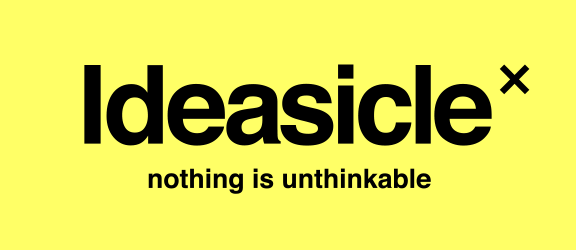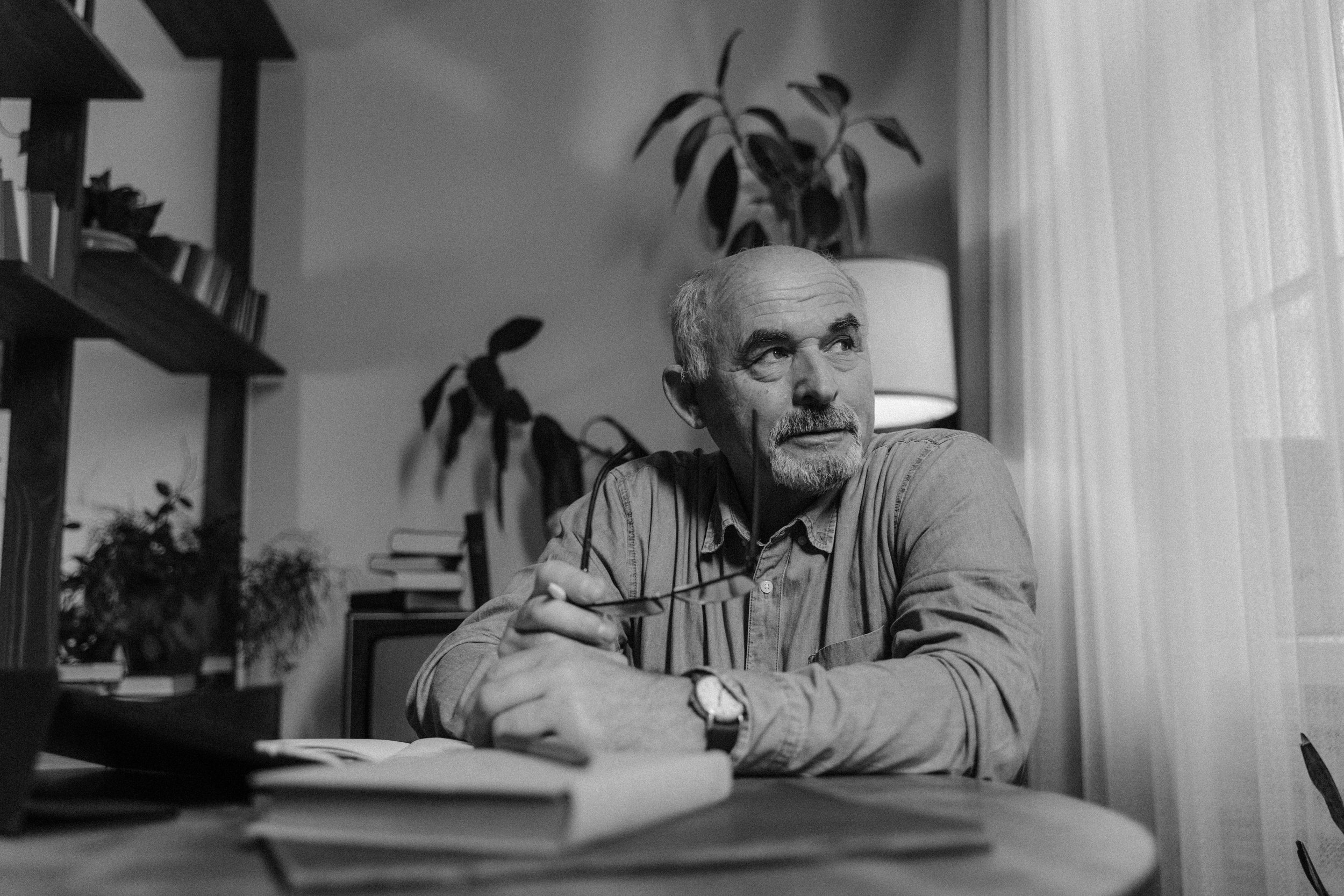The Magic Question Creative Agencies Should Ask Their Clients Before Every Creative Assignment
Photo credit: Tima Miroshnichenko
We have always believed the client should be excited about the advertising ideas we bring them. Why not? It’s their company. Not to mention it’s nearly impossible to sell in an idea the client simply doesn’t like. But we have discovered, quite by accident, a question—a magic question—the answer to which not only may shed light on a client’s creative biases, but provides you and your creative teams a map of landmines.
The question
I was working with a new client on an Ideasicle X ProXy Service project about ten years ago. I didn’t know this particular client well personally, nor professionally. It was our first project, so I was new to her brand as well. She was very bright—she talked fast but was loaded with substance. She was briefing me on the assignment, and I wasn't feeling entirely confident about it yet. So the following question popped into my head:
“Tell me a rookie mistake we could easily make?”
Her immediate reaction was as important as the response she ultimately gave me. She stopped, was silent for a second (remember, she was a fast-talker, so silence didn’t happen much), and as she thought about it said, “Huh, that’s a really good question.” I think she actually enjoyed that I asked, which brings me to the first reason why this question is so helpful.
This question disarms the client.
The client is not expecting an agency to be humble, for starters, and this is a very humble question. To ask this “rookie” question is admitting your agency might, in fact, make a rookie mistake. The client suddenly sees you in a new light, an underdog they want to root for and not an arrogant bunch of ego-dicks who have all the answers.
More importantly, however, it defers to the client’s experience and wisdom because you are acknowledging that THEY are not rookies on their own business, have seen a lot, and know what’s been tried before (and failed). The client feels instantly respected.
All of these benefits before the client even utters a word in response.
this question is like a cheat code for creative development.
Since I first asked this question I’ve included it in nearly every briefing call since because it always—and I mean always—bears incredibly useful fruit in our mission to come up with great ideas. The answers tend to fall into one of three categories:
TONAL FAILS. “We don’t like slapstick humor” (or similar tonal bias).
HISTORICAL FAILS. “We tried X and Y before and it never works, so don’t bother.”
STRATEGIC FAILS. “Agencies always forget the dynamic between audience X and Y. Need to respect that.”
There may be others, but those are the big three. In every case, you’ll get deep answers. These answers give you a cheat code in the creative process—a powerful filter for evaluating the creative team’s ideas.
Which tees up the last reason why this question is so healthy for idea generation.
this question ensures the “obvious” is said.
Clients, I’ve found, assume too much knowledge with the agencies they work with about them, about their brands, and about their businesses. It’s not a flaw, it’s just human nature to think others know what you know. But this dynamic can bring creative tragedy because you may miss something important in the briefing because the client thinks, wrongly, that “everyone knows this, right?”
Now, because this question is framed around a hypothetical “rookie” you’ve given the client permission to back up and NOT assume you know more than you do. Can’t assume anything with a rookie, right? So the answers you get will decrease the odds of missing…well…something obvious.
It’s not a perfect question. You may have other versions of this question that give you similar creative super powers. But I’ll tell you one thing. You may not know exactly what the client likes and doesn’t like when it comes to creative ideas, but with this “rookie” question you’ll at least know the places to stay away from and, more importantly sometimes, why the team should stay away from those places.
Feel free to steal this magic question and post your experience below in the comments.
Let’s talk.
Click the yellow button to find a time to meet. You don’t need to have a project in mind. You may just want to discuss this blog post. I enjoy meeting new people, so if you want to talk, let’s talk.
Will Burns is the Founder & CEO of the revolutionary virtual-idea-generating company, Ideasicle X. He’s an advertising veteran from such agencies as Wieden & Kennedy, Goodby Silverstein, Arnold Worldwide, and Mullen. He was a Forbes Contributor for nine years writing about creativity in modern branding. Sign up for the Ideasicle Newsletter and never miss a post like this.


